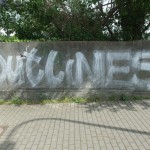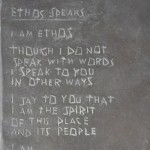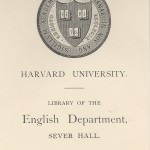Outlining a CV in Composition & Rhetoric

Composition and rhetoric is a little bit of an intimidating field to write one’s CV into, because we study and have expertise on the rhetoricity of things. Applying those same guidelines and standards to my own work can be intimidating. Nevertheless, here’s a beginning outline. Personal Information Include meaningful contact information: where I live is…
Read more






